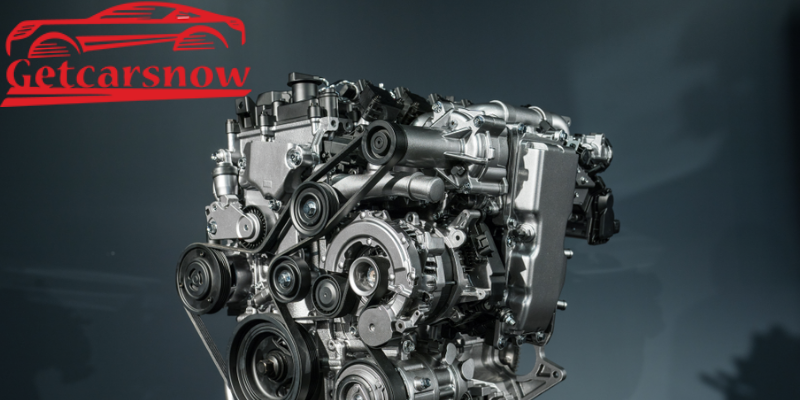How long does it take to charge an electric car?
The charging can take ranging from under an hour to several hours to fully charge an electric vehicle. The type of charging station, the size of the car’s battery and onboard charger capacity, ambient temperatures, and other external factors all affect charging time frames. We will discuss on How long it takes to charge an electric car.
Table of Content:
- Regular AC and fast DC charging
- Regular charging with Alternate Current (AC)
- Fast-Charging with Direct Current (DC)
- Five major elements that influence the charging speed of electric vehicles
- Conclusion
Regular AC and fast DC charging.
Regular alternate current (AC) and fast direct current (DC) charging are the two methods of electric car charging. And Regular AC charging is often less energy-intensive, resulting in a much longer charging process. However, one’ll be utilizing AC when charging at home with a standard plug or a wall box, or even at some public stations. Fast DC charge usually takes less than an hour but it is usually available at public charging stations only.
Regular charging with alternate current (AC).
Wall boxes for residential charging typically deliver up to 22 kW of regular charging using alternative current (AC). Charging periods are also affected by the battery’s size and age, as well as the capacity of the onboard charger. Also, the onboard charger transforms AC energy into DC energy, which is stored in the vehicle’s high-voltage battery. Charging with AC electricity is also possible when plugged into a conventional home socket.
Fast-charging with direct current (DC).
When the vehicle’s onboard charger is bypassed, fast charging with direct current (DC) is employed to charge using direct current (DC) at a significantly higher rate. The majority of fast-charging stations provide a charge of more than 22 kW, with some reaching 150 kW. Most fast-charging stations can charge up to 80% in less than an hour to this added power. Of course, this varies from station to station and is dependent on the vehicle’s maximum charging speed.
There are five major elements that influence the charging speed of electric vehicles:
1. Battery Capacity: Larger batteries take longer to charge.
2. Battery Level (empty vs. half-full): Charging from an empty battery takes longer than charging from a half-full battery.
3. Vehicle maximum charging rate: Charging speed is limited by the vehicle’s maximum charging rate, thus even on a charging point with a higher charging rate, one won’t be able to charge much faster.
4. Chargepoint maximum charging rate: The maximum charging rate of the ChargePoint also limits charging speed. It is not suggested to charge at a charging station with a lower charging rate than the car.
5. Weather: Charging takes longer in colder temperatures, especially when using a quick charger. one can’t add much to the travel distance per time charging because the automobile is less efficient at lower temperatures.
Conclusion
We’ve discussed how long it takes to charge an electric car. It all relies on whether a person is using an Alternate Current (AC) or Direct Current (DC). As AC current is far faster than DC current, it will take much longer. We’ve also gone through some of the major issues that can affect an electric car’s charging speed.



